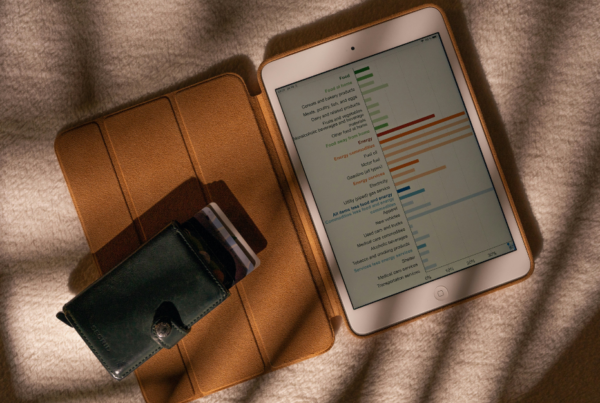The gig economy sounds like a dream, and for many it is. Being your own boss, setting your own hours, working in pyjamas – what’s not to love? Whether you’re freelancing full-time or juggling a juicy side hustle, there’s magic in earning money on your terms.
But let’s not get too starry-eyed. It’s not all almond-milk lattes and laptop-at-the-beach vibes.
The good stuff: freedom, flexibility, fulfilment
One of the biggest perks of gig work is the autonomy it offers. Generally, you can decide when and where you work. You can take on projects that excite you and say no to the ones that don’t. You set your own pace and, if you’re smart with your time and energy, you may find you earn more than you did in a traditional 9-5 job.
Plus, having a flexible schedule often means more time for your family, your passions, or simply your sanity. There’s a sense of control that’s hard to match.
The not-so-fun bits
Of course, freedom comes with a price, there is instability, hustle fatigue, and the “feast or famine” life.
The trade-off is often stability – or rather, the lack of it. Income can be wildly inconsistent. One month you’re rolling in work or orders; the next, you’re refreshing your inbox like it owes you money.
There are no paid sick days or annual leave. Superannuation? That’s on you now. And beyond the actual work, you’ve suddenly got extra jobs – chasing invoices, doing your own marketing, sorting out tax, and being your own IT support.
There’s also a mental toll. Not knowing when or where the next gig is coming from can be stressful, especially when the bills don’t take a break just because your clients did.
How to not just survive but actually thrive
Let’s talk real: you absolutely can make this work, but it takes planning, discipline, and a bit of financial savviness.
Firstly, don’t sell yourself short. It’s tempting to undercharge when you’re starting out, but pricing too low sets a precedent that’s hard to undo. Know your worth, research industry rates, and remember – you’re being paid for your skill, experience, and the value you deliver.
Budgeting is everything. You’ve got to treat your income like it’s precious and unpredictable – which it pretty much is. It’s smart to build an emergency fund of at least three to six months of expenses. It also helps to have a financial buffer in your account for those quieter months, so a dip in work doesn’t send you into a panic. Apps like YNAB (You Need a Budget) or Wave can help you track where your money’s going and plan accordingly.
Separate your business and personal finances as soon as possible – it’s a sanity-saver come tax time. Create a dedicated account for your gig income and it’s always worth speaking with a tax professional to get specific advice based on your situation.
It’s also wise to diversify your income. Relying on a single client or platform can leave you vulnerable. Whether it’s picking up multiple clients, branching out to different types of gigs, or creating a passive income stream on the side, spreading your efforts can smooth out the bumps.
What about big life stuff, like buying property?
If you’ve ever tried to apply for a home loan as a freelancer or gig worker, you already know: the banks are sceptical. Lenders like stability, and “self-employed with variable income” doesn’t exactly scream low risk to them.
But it’s not impossible. The key is to show consistent income over at least two years, backed up by solid records – think invoices, bank statements, and tax returns. It also helps to keep your credit score in good shape. Of course, getting expert help can also maximise your chances of success and we are here to assist.
Living the gig life – with eyes wide open
The gig economy isn’t just a trend – it’s a shift in how we think about work, income, and even identity. It can be incredibly rewarding and empowering, but it’s important to be clear on your finances, set goals, and be honest about what you need to feel financially secure.
Because while it might not come with a regular pay check or a corner office, working for yourself can offer something even better: the freedom to shape your life on your own terms.
Just don’t forget to invoice for it.




